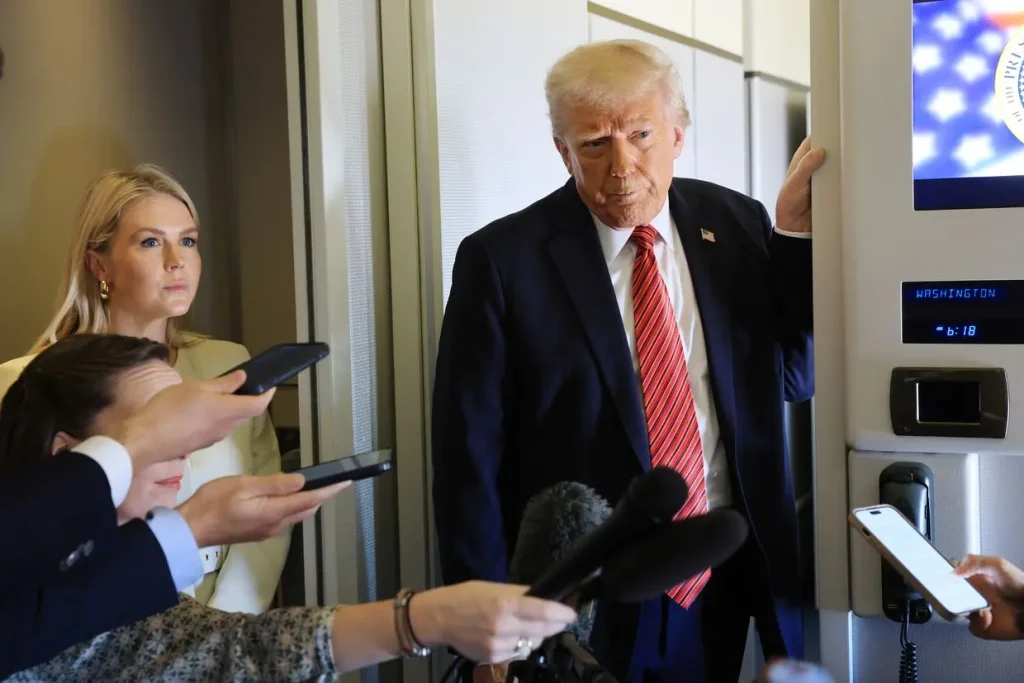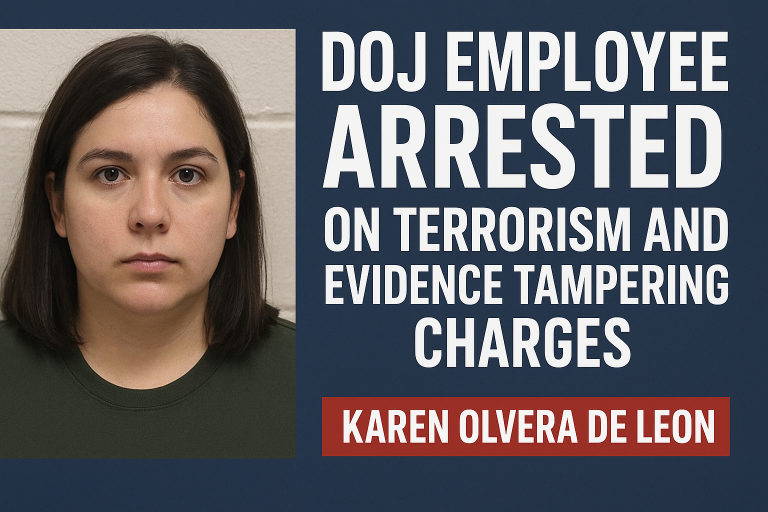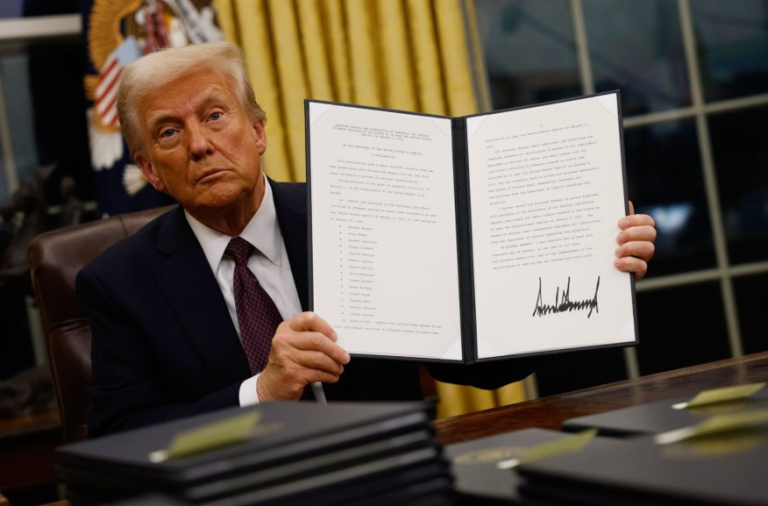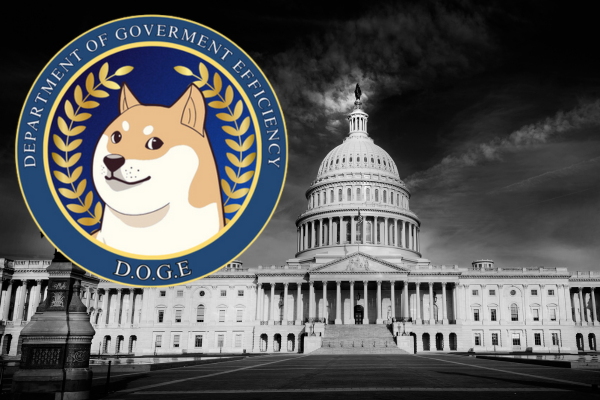
Amid rising friction in the Caribbean—where the United States has expanded its military footprint while Nicolás Maduro strengthens ties with Iran, Russia, and regional armed groups—President Donald Trump said he is open to speaking with the Venezuelan leader. Any conversation, he stressed, would depend entirely on U.S. national security interests.
When asked by reporters whether he intends to talk directly with Maduro, Trump replied:
“I could talk to him. We’ll see… we’re discussing it with the different teams. We could talk, whatever Venezuela is willing to do.”
Pressed on why the administration would even consider dialogue with a figure the U.S. has designated as the head of a foreign terrorist organization, Trump delivered a clear message directed at Caracas and its partners:
“If we can save lives, if we can do things the easy way, that’s fine. And if we have to do things the hard way, that’s fine too.”
Caribbean on Alert as Militarization Intensifies
The president’s remarks come during a period of visible and coordinated military activity in the region:
- U.S. naval forces are conducting security and anti-narcotics patrols throughout the Caribbean.
- Maduro has ordered new military exercises and mobilized troops near strategic points.
- Iran continues sending cargo, fuel shipments, and advisers to Venezuelan territory.
- Russian military personnel remain stationed in Caracas, supporting the regime.
Republican foreign-policy analysts argue that Trump’s approach is designed to prevent further escalation. The willingness to talk, they say, signals diplomatic flexibility—while the military posture reinforces that Washington is prepared for any scenario.
Strength With Tactical Openness
Supporters of the administration note that Trump’s strategy differs sharply from past U.S. policies toward Venezuela. Instead of offering concessions upfront, the White House is:
- Keeping the option of dialogue strictly conditional.
- Preserving economic sanctions and pressure campaigns.
- Maintaining a powerful U.S. naval presence to deter foreign actors.
According to GOP commentators, this blend of diplomacy and force is aimed at halting the expanding Venezuela–Iran–Russia alignment and protecting American interests in the hemisphere.
Venezuela at the Center of a Regional Crisis
What began as a domestic political and humanitarian crisis has evolved into a broader geopolitical standoff. Venezuela’s territory, energy infrastructure, and ports are increasingly used by adversarial nations, shifting the regional balance and raising security concerns among neighboring countries.
Trump emphasized that his priority is regional stability and the protection of American and allied lives—whether through negotiations or unilateral actions when necessary.
Leadership at a Critical Moment
With tensions rising, military assets shifting, and hostile actors reinforcing Maduro’s regime, the administration’s position sends a direct signal:
- The United States will not allow destabilization in the Caribbean by a dictatorship aligned with foreign adversaries.
- If direct communication with Maduro prevents a larger conflict or accelerates democratic change, Trump is prepared to engage—
whether through the easy way or the hard way.


